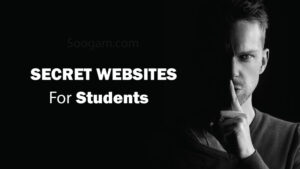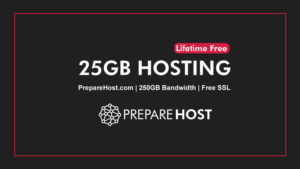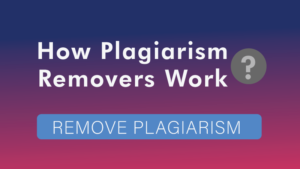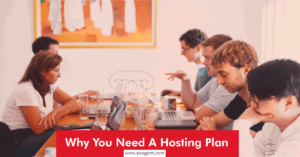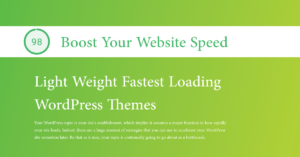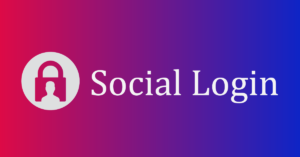Table of Contents
ToggleA holiday home can offer an experience unlike any other, and Cork is known for having friendly people and warm hospitality. Blending your own “home-away-from-home” experience with the vibrancy of everything Cork has to offer is a sure-fire win to have a great holiday.
Even so, there are some questions you should ask yourself before booking a holiday home in Cork.
1. Timing is everything
It’s helpful to be aware of the timing of your holiday. Cork has a fairly mild climate all year round but is most likely to be sunny in late Spring, summer and autumn. Winters are never extreme, but the dampness can make the weather feel much colder than the temperature tells. Cork is known for it’s many festivals. There are a myriad of festivals throughout the summer months and the Cork Jazz Festival in October is Ferienhaus mit Sauna und Kamin one of the highlights of the year in Cork. It’s also important to know that shops close early during the week. If you walk through the city centre at 7:00 on a Tuesday evening you may be surprised to find that all the shops are closed. Typically shops close at 6:00 during the week, with later shopping available on Thursday evenings. The pubs are always closed on Good Friday. Timing may seem a small detail, but could make a big difference to how much you enjoy your holiday!
2. Passport
Make sure your passport is current with plenty of time left on it before you book your holiday, if you are coming from abroad. There is nothing worse than missing out on an amazing holiday because your passport is no longer up to date!
3. Bang for your buck
It’s important to know what you are actually getting when you book a holiday home. Photos can look good online and the reality can tell a completely different story. Make sure to read reviews of other people who have stayed in the holiday home, look at photos by guests if possible, and read the fine print!
4. Transportation
The question of whether to rent a car or not depends on where the holiday home is located. Take the time to plan out how far you intend to travel, what is within walking distance of the holiday home and if public transport is available. If you do decide to rent a car, make sure to check that your holiday home offers parking.
5. Food!
One of the key benefits to staying in a holiday home is the option to cook your own food. When deciding on a holiday home, it’s important to identify where the nearest supermarket is. In Cork, several of the prime supermarkets offer home delivery, including Tesco, SuperValu and Dunnes. Even if you do plan to cook your own food, it’s also nice to know the best restaurants in Cork and how far they are from your holiday home. You are on holiday, after all!
Save Tax With A Furnished Holiday Home
Owning a second home is an attraction for us all as an investment but also for stable income stream.
Firstly, let us gain an understanding of how a Furnished Seminarhaus Hessen Holiday Home differs to a normal buy to let property investment:
- It can be a static mobile home i.e. a “caravan”
- A purpose built holiday home (we are seeing many more of these sites being built – no tax for tax mitigation)
- A normal residential property can be bought and then run as a holiday home. Must be fully furnished
- Must let property for 105 Days
- Must be available for let for 210 Days
- Cannot let for longer term lets of more than 155 days during the year
- Must be in the European Economic Area
Comparing the Tax Benefits
Capital Allowance
The ability to write down depreciation of the assets against income tax
- Buy to Let: No, only running expenses
- Furnished Holiday Let: Yes. This is attractive as an additional expense when capital spend/make improvement you make plus normal running expenses
Inheritance Tax
The ability to use Business Property Relief (BPR) i.e. pass on the asset free of inheritance tax.
- Buy to Let: Inheritance Tax may be payable as it is not a business
- Furnished Holiday Let: It is a business asset, can claim 100% BPR i.e. No inheritance tax payable
Income Tax (CGT)
Profits on rents after running expenses are taxable
- Buy to Let: Yes, payable
- Furnished Holiday Let: Yes, payable
Capital Gains Tax
Payable on both types of property (after allowances).
- Buy to let: Yes, payable at 18% (basic rate taxpayers) and 28% (higher rate tax payers)
- Furnished Holiday Let: May benefit from Entrepreneurs’ Relief when selling your holiday let as it is as a business asset. CGT on business assets is 10% for the first £1m of gains rather than 18%-28%.
- Roll-over Relief: May be able sell your furnished holiday home and roll over capital gains into another “business” furnished holiday let and not pay capital gains tax
Council Tax
Buy to let: Tenant will pay
Furnished Holiday Let: off settable as an Ferienhaus mit Sauna und Kamin expense apart from periods of longer term let
What to watch out for
In a recent test case Pawson (deceased) v HMRC [2012], HMRC attempted to block 100% business property relief on the property claiming that no service was being provided by Pawson. In short, it was not being run as a service business holiday home. A Tribunal overruled HMRC sighting the regular turnover of guests, on-going services for cleaning, bedclothes, television, telephone etc. in the cottage made it a holiday business allowing BPR and not an investment subject to IHT.
Our view
A great opportunity to save tax and own a holiday property. Make sure it is commercial service for paying guests, brochure, on holiday let websites, local guide in the property, provide towels, water, etc.
You can stay there yourself for long periods as well as letting to your family and friends (at market rate though).
Worth considering as an alternative to buy to let.


